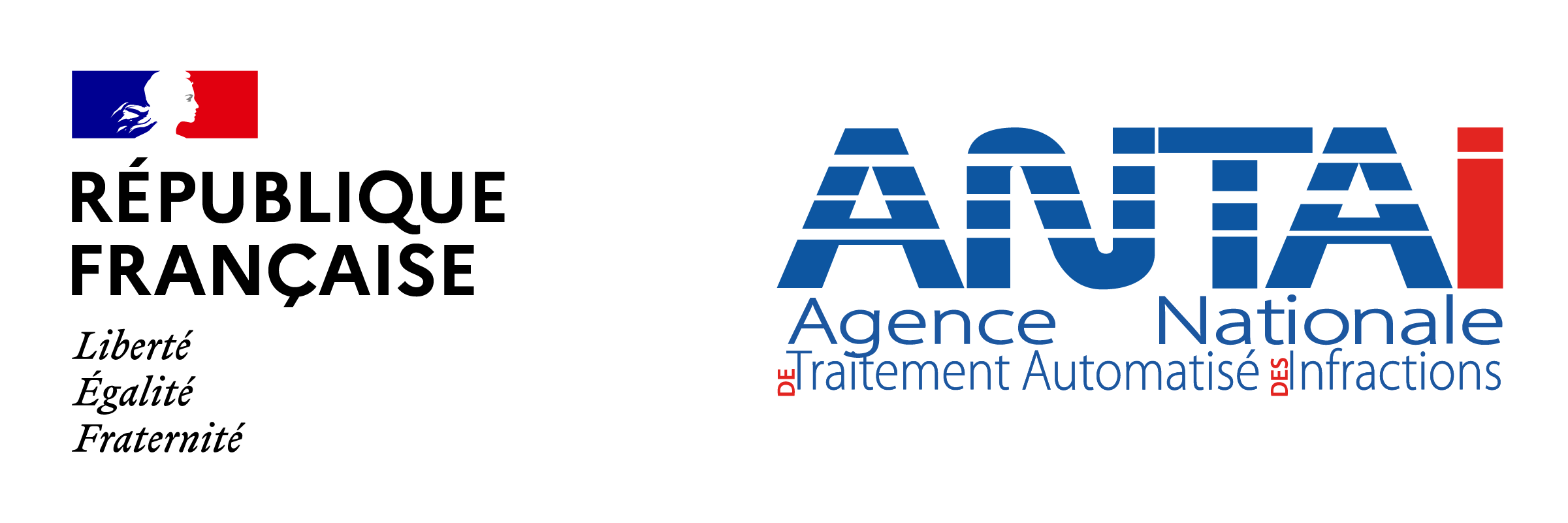 News
News
ANTAI answers your questions about this penalty:
- Why create a new offence for failing to designate a driver?
To make employers and drivers of professional vehicles more responsible.
Ever since automated traffic enforcement devices were introduced in the early 2000s, drivers who committed an offence in a vehicle owned by a legal entity often escaped point penalties. Sometimes the legal entity even paid the fine instead of the offender.
This not only took responsibility away from the offender, but also from the organisation employing them. It puts the lives of employees and other road users at risk by not encouraging compliance with the rules of the road.
This is why it was decided to create a sanction requiring the driver's identity to be revealed, in order to prevent the driver from shirking responsibility and to ensure they are notified about their points penalties.
- To what extent is the world of work affected by road accidents?
Traffic accidents are the leading cause of work-related deaths in France. In 2015, 483 people died in work-related traffic accidents, and 4,520 had to be admitted to hospital as the result of an accident occurring on the way to or from work or during a work assignment. Businesses are making a strong commitment to improve road safety in order to cut down on traffic accidents.
- For which offences does a driver have to be designated?
The obligation to designate applies to road traffic offences recorded pursuant to the procedures outlined in article L. 130-9 of the French Highway Code and listed in article R. 130-11 of the same code. These are offences recorded by or using approved traffic enforcement devices that relate to:
- wearing a seatbelt;
- using a hand-held telephone;
- using lanes and roads reserved for certain vehicle categories;
- driving on the hard shoulder;
- complying with safety distances;
- crossing and straddling solid lines;
- signs requiring vehicles to stop;
- maximum permitted speeds;
- overtaking;
- using the advanced stop box at traffic lights, reserved for two-wheeled vehicles;
- wearing a helmet (users of two-wheeled vehicles).
- What is the amount of the fine if the legal representative does not designate the offender?
If the legal representative fails to designate the offender, the legal entity is liable to a fixed fine of €675. This fine may be increased up to €3,750 by a local court, which may also opt to impose a fine of up to €750 on the legal representative.
These fines are in addition to the fine imposed for the original offence and if no designation is made, the legal representative is solely liable for them out of their own funds (articles L121-2 and L121-3 of the French Highway Code).
- Are fixed penalty notices and offences committed before 1 January 2017 concerned by the new legislation? When does it come into force?
The new sanction is applicable for the fine notices sent as from the 1st January 2017 (including if the offence was recorded on a previous date). This is provided for in article L121-6 of the highway code.
- In the case of a company with several co-managers, who is criminally responsible if nobody is named?
The new penalty applies to all fixed penalty notices issued on or after 1 January 2017 (even if the offence was committed at an earlier date). It is stipulated in article L121-6 of the Highway Code.
- If a company has several joint managing directors, who is criminally liable for failure to designate?
Each of the company's legal representatives may be held criminally liable.
- If the legal representative is the offender, do they have to designate themselves? Can they pay directly?
Yes, even if the legal representative and the driver are one and the same person, the legal representative must designate the natural person who was driving the vehicle at the time of the offence.
They must provide their name, date of birth, and driving licence number.
- What should I do if, as the legal representative, I don't know who committed the offence?
Legal representatives are required to have the means to identify who has committed a road traffic offence while driving a vehicle belonging to their company. In order to do this, they can establish paper or digital logbook systems.
However, the fixed penalty notice can still be appealed. In particular, the employer can:
- Prove that the vehicle number plate was stolen or misused (case No. 1).
- Claim force majeure (case No. 3).

















